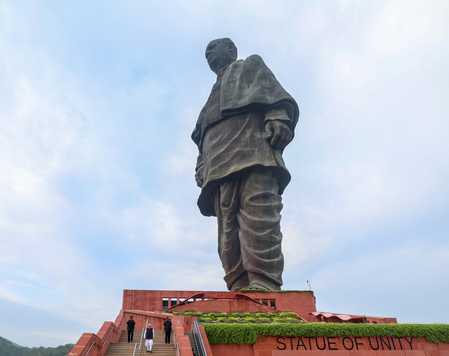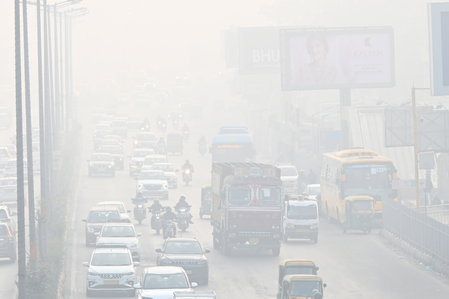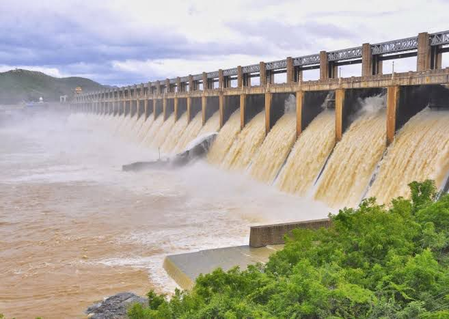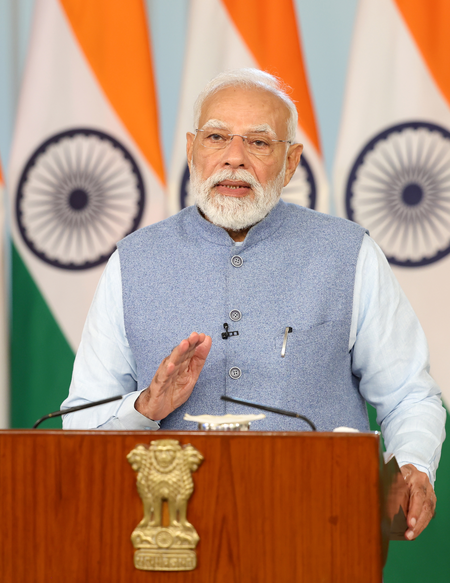
Mumbai, April 24 (IANS) Rashtriya Swayamsevak Sangh (RSS) Joint General Secretary Krishna Gopal has said that a form of “intolerance” was the driving force behind the recent killing of 26 people in the terror attack in Jammu and Kashmir’s Pahalgam.
Speaking at an event in Mumbai, Gopal said that the same intolerance will also result in the downfall of those who promote it.
“A form of intolerance is driving the killings in Kashmir. One day, this intolerance will also lead to their (the ones who promote it) downfall,” he added.
He also said that this intolerance develops into a sort of nationalism and has divided people across the globe.
“Nationalism has become very dangerous in Pakistan. The Baloch people say they do not want to live in Pakistan, Sindhi people say they do not want to live with Punjab. At the time of the creation of Bangladesh, they had said they were Bangla-speaking people, thus they could not live with Pakistan,” the RSS leader added.
Gopal said that such kind of nationalism was the reason behind people being divided in Europe, adding that Rabindranath Tagore called it the worst word to be coined by the human brain.
Contrasting this concept with that of India’s “Rashtra” concept, the RSS leader added that the Indian context is based on spiritual and cultural unity despite the nation’s such vast diversity.
“Hundreds of languages, religions and lakhs of goddesses exist. But India is one…Diversity…has been managed successfully. Once we understand it, you will understand our concept of Rashtra,” he said.
He also referred to the recently held Maha Kumbh Mela and termed it as a demonstration of India’s spiritual unity.
Terrorists came down the hills in Baisaran, a picturesque tourist spot in Pahalgam, which is also known as ‘mini Switzerland’, and began firing at tourists present there on Tuesday.
The deadly attack left at least 26 people dead, mostly civilians.
Prime Minister Narendra Modi, who was on a state visit to Saudi Arabia, cut short his trip and returned to India early on Wednesday morning.
He chaired a meeting of the Cabinet Committee on Security (CCS), which later announced five major punitive actions against Pakistan in response to the terror attack.
The actions include putting in abeyance the Indus Waters Treaty, closing the integrated check post at the Attari border and cutting down the overall strength of the High Commissions.
–IANS
int/khz




